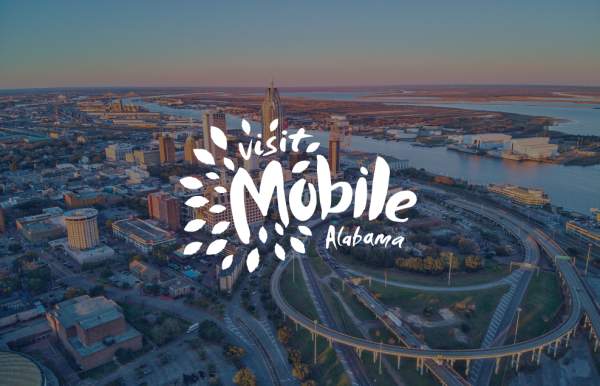The Story of Juneteenth
Juneteenth is a celebration that honors the end of slavery in the United States, and formally marks the day when federal troops arrived in Galveston, Texas to ensure that all slaves were finally free. Their arrival came two and a half years after the signing of the Emancipation Proclamation.
The Emancipation Proclamation was signed by Abraham Lincoln on January 1, 1863, but in totality, did not actually free all slaves. The proclamation only applied to states under Confederate control. It did not apply to any slave-holding border states or areas under the Union’s control.
Texas had become a safe haven for slave owners. Many along the east coast and in southern states like Alabama, Mississippi, and Georgia retreated to Texas, with their slaves, a few months into the Civil War. Texas was the farthest state away from Union territory; therefore it held no large-scale battles, nor was there a significant presence of Union troops in the state. Slave owners even withheld information about emancipation until after harvest season so that slaves would continue to work in captivity and harsh conditions. In the Spring and Summer of 1865, the Union’s arrival to Galveston freed more than 250,000 enslaved people, marking June 19, 1865, a day that all slaves were finally free.
What does Juneteenth mean to me?
“To me, Juneteenth means that none of us are free until we all are free. It is about being able to link where we come from, to where we are now, and where we are all trying to go. Juneteenth is about honoring the amazing stories and work of our ancestors, while still remembering that there is still so much work to be done as we progress forward.” — Dara G.
“To me, Juneteenth is not only a celebration of independence, but it is also an opportunity to show deep gratitude for the millions of lives who found the strength to survive. For so many African Americans who are descendants of the horrors of American slavery, Juneteenth provides space to reflect on the fact that our very existence is because someone chose survival. They survived that treacherous journey from the coasts of Africa, survived years of inhumane treatment, and continued to survive so that in 2021 and beyond we can all continue striving towards true freedom. Their survival was a form of resistance, and in their honor, it is our duty to thrive in every way possible.” — Victoria S.
“Juneteenth is one of many events in history that tells the story of how resilient our ancestors were despite horrific and unjust treatment. As black people, we’ve experienced and endured so much overtime that is etched in the stories of our untold history. Juneteenth for me is a celebration of not just freedom, but a celebration of the strength of our ancestors; a strength that has transcended from slavery to the strength of black lives today. Juneteenth serves as a history lesson for many and presents the narrative of how far we’ve come and how far we have to go.” — Ayla G.

